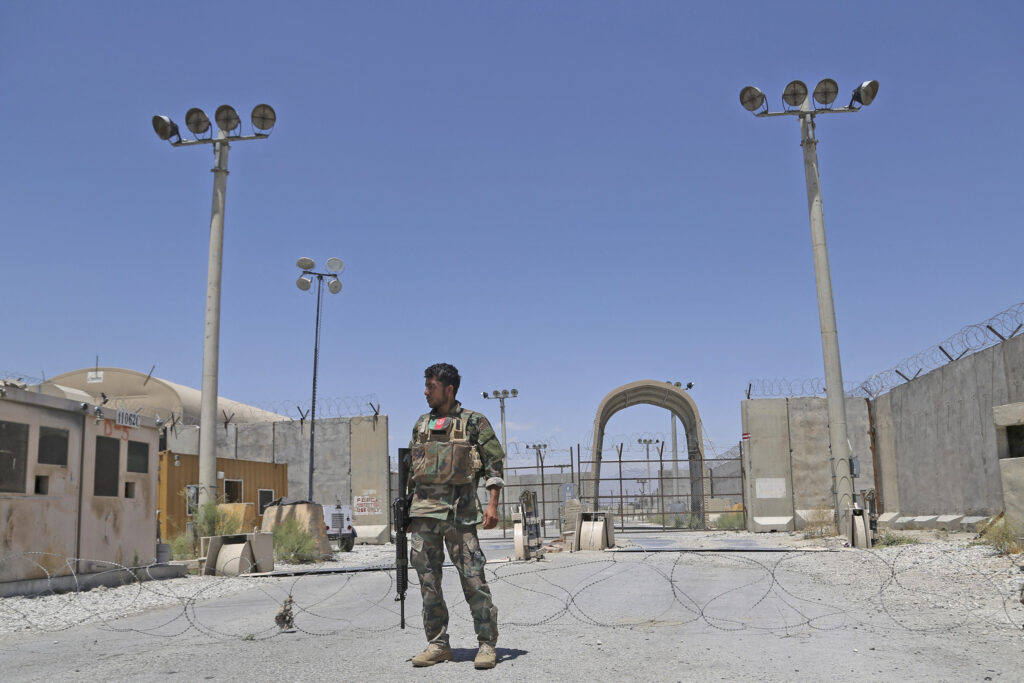According to the Taliban administration in Afghanistan, several former foreign military sites will become business-friendly economic zones.
Since the Taliban reclaimed control of the nation in August 2021, Afghanistan has seen a worsening economic and social disaster.
The nation had been occupied by foreign military forces for 20 years.
Mullah Abdul Ghani Baradar, the temporary deputy prime minister for economic matters, made the announcement.
To turn the remaining foreign forces’ military outposts into special economic zones, it was agreed that the Department of Commerce and Industry should gradually assume control of them, according to a statement from Mullah Baradar on Sunday.
Without providing any further information, he noted that the project would start with locations in Kabul’s capital city and the northern Balkh region.
According to estimates, Afghanistan is home to environmental assets worth more than $1 trillion (£831.5 billion), including rare earth, copper, and natural gas.
However, because of the country’s protracted instability, a large portion of these deposits remain untapped.
The final US military flight from Afghanistan in August 2021 signalled the conclusion of the country’s 20-year presence there and its longest war.
Tens of thousands of people have died in the fighting, and millions more have been displaced.
Afghanistan’s finances have now been severely impacted by a variety of other significant problems since the withdrawal of foreign military forces. Government officials have been sanctioned, the central bank’s foreign assets have been blocked, and the majority of the foreign aid that has previously boosted the country’s economy has been suspended.
The Taliban announced earlier this year that it intended to work with a Chinese company to dig for oil in northern Afghanistan.
The 25-year agreement highlights China’s economic presence in the area.
Beijing has substantial interests in Afghanistan, which is at the centre of a region crucial to China’s Belt and Road Initiative but has not officially recognised the Taliban government there.
The project, started by Xi Jinping in 2013, offers funding to developing nations so they can create infrastructure, including ports, roadways, and bridges.











More Stories
2024 Race: Who is Kamala Harris and What is Her Connection to India?
A lawsuit has been filed against American Airlines by Black men alleging racial discrimination.
Palestinian UN Membership Bid Stalls as Security Council Deadlocks